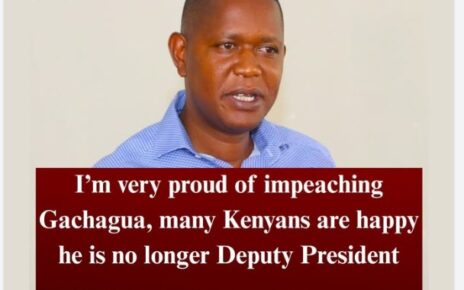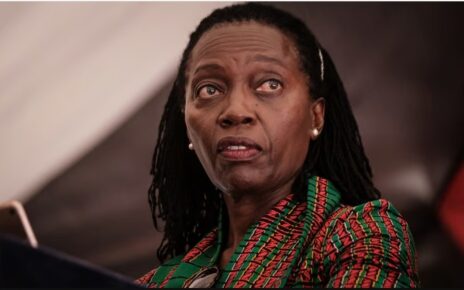A fresh wave of tension has emerged in the ongoing quest for justice for the late Albert Ojwang, after his father, Meshack Ojwang, filed a new affidavit making explosive accusations against key state offices. In the sworn document, Meshack claims that the Office of the Director of Public Prosecutions (ODPP) is deliberately protecting Deputy Inspector General (DIG) Eliud Lagat from facing prosecution over his son’s tragic death.
According to Meshack Ojwang, there exists overwhelming evidence linking senior police officials—including DIG Lagat—to the arrest, torture, and eventual killing of his son, Albert. He argues that despite the availability of this evidence, the DPP has allegedly failed to take decisive action, allowing those responsible to walk free and continue serving in public office.
The grieving father’s affidavit paints a grim picture of systemic obstruction, suggesting that powerful individuals within the security sector are being insulated from accountability. Meshack alleges that his son was unlawfully arrested, held incommunicado, subjected to severe torture, and later killed under circumstances that point directly to police involvement.
His filings intensify public pressure on the DPP, who is now facing renewed scrutiny over how politically sensitive or high-level cases are handled. Human rights groups, legal activists, and opposition figures have already expressed concern, saying the case reflects a broader pattern where junior officers are prosecuted while senior commanders remain untouched.
The allegations against DIG Lagat, one of the highest-ranking police officers in the country, have sparked intense national debate. Many Kenyans are now calling for independent investigations, insisting that justice must not be selective and that no individual—regardless of rank or influence—should be above the law.
For Meshack Ojwang and his family, the affidavit marks yet another step in a long, painful journey for truth and justice. As the matter gains momentum, all eyes will be on the DPP, the police leadership, and the courts to see how these serious allegations will be handled.



